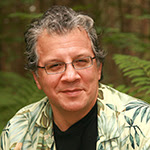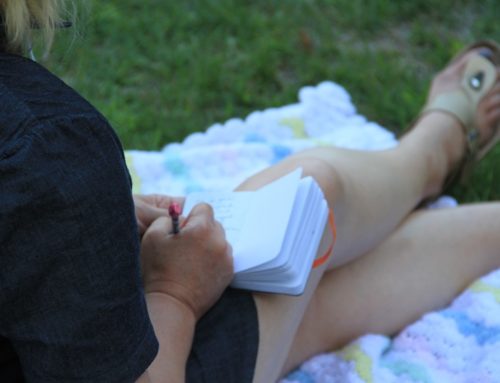 Although we can’t gather in person this week, we are offering daily online programming to nurture your writing and reading.
Although we can’t gather in person this week, we are offering daily online programming to nurture your writing and reading.
Book titles link to Readers’ Books, our long-time conference bookseller. Your purchase supports this beloved community resource. Titles from this series are 15% off all week; the discount is applied automatically online, or if ordering by phone or buying in person, mention the writers’ conference to claim it. Shipping and curbside pickup are available!
Camille T. Dungy | Faculty Poet – 2013, 2014, 2016, 2018
 Writing Prompt: Go back to something you’ve already written and think about ways that you could re-imagine your relationship with other-than-human living beings? Are there ways you could look to houseplants, pets, the bindweed in your garden, your tomatoes, a tree frog, some roaches – any non-human lives— and reimagine who they are in relationship to who you are?
Writing Prompt: Go back to something you’ve already written and think about ways that you could re-imagine your relationship with other-than-human living beings? Are there ways you could look to houseplants, pets, the bindweed in your garden, your tomatoes, a tree frog, some roaches – any non-human lives— and reimagine who they are in relationship to who you are?
Note the pronoun variation in that prompt. “What” is the pronoun we most often use when we’re talking about plants and cockroaches and things in a sentence like that. We would say, “what they are in relationship to who we are.” What’s the difference between what and who? How does changing your pronouns change how you can reach into your relationships?
Latest Works: Trophic Cascade and Guidebook to Relative Strangers
Reading Now: neckbone, Avery R. Young; 1919 and Electric Arches, Eve Ewing; How to Dress a Fish, Abby Chabitnoy.
Essential Viewing: “Writing into the Liberation of Uncertainty,” Bread Loaf Environmental Writer’s Conference, 2017
Online Writings: “Losing Language,” Emergence; “Notes from the Lower Level,” Guernica
Audio Q&A: Interview, “Generation Anthropocene”
Daniel Orozco | Fiction Faculty – 2017
 In first-person or third-person perspective, write two pages in which your protagonist is doing something that s/he is very familiar with and good at: baking, fly-fishing, pulling an engine from a chassis, burgling a house, writing code, solving a jigsaw puzzle, etc. Convince the reader of complete and absolute knowledge. Stay grounded in scene, depicting action in more or less real time, and avoiding interiority or flashback or backstory, while at the same time revealing something of the character of your protagonist via his/her her engagement in the process of baking, fly-fishing, pulling an engine, etc. Observe.
In first-person or third-person perspective, write two pages in which your protagonist is doing something that s/he is very familiar with and good at: baking, fly-fishing, pulling an engine from a chassis, burgling a house, writing code, solving a jigsaw puzzle, etc. Convince the reader of complete and absolute knowledge. Stay grounded in scene, depicting action in more or less real time, and avoiding interiority or flashback or backstory, while at the same time revealing something of the character of your protagonist via his/her her engagement in the process of baking, fly-fishing, pulling an engine, etc. Observe.
Example: in “Big Two-Hearted River,” Hemingway focuses on every single aspect of the protagonist’s process of setting up camp and fishing, revealing not only his expertise in camping and fishing, but also his need (struggle?) to exert control over his environment.
If you choose a field/activity you’re already familiar with, then little to no research is necessary for this writing prompt. Eventually, though, when you deploy expertise in fiction, you’ll have to do research. How much? To paraphrase E.L. Doctorow: do as much as you need to convince your reader that you know everything about a subject, then stop. In other words, expertise in fiction is the illusion of absolute knowledge, and is always in service to characterization.
Latest Works: Orientation and Other Stories
Reading Now: Bloodchild and Other Stories, Octavia Butler; The Undiscovered Country: Poetry in the Age of Tin, William Logan; Night Train: New & Selected Stories, Thom Jones
Essential Viewing: Faculty Reading, University of Idaho MFA Program, 2015
Q&A: Interview, Iowa Writers’ Workshop, 2014
Like the Programming? Please Support Our Work
Even without a physical conference this year, our staff has been on the job, and we anticipate rising costs and increased need for scholarships as we move into planning for 2021 and beyond.
 Caffeinate & Donate!
Caffeinate & Donate!
A percentage of sales July 26-31 of the Writers’ Conference Blend from the Napa Valley Coffee Roasting Co. will be donated to the conference.







